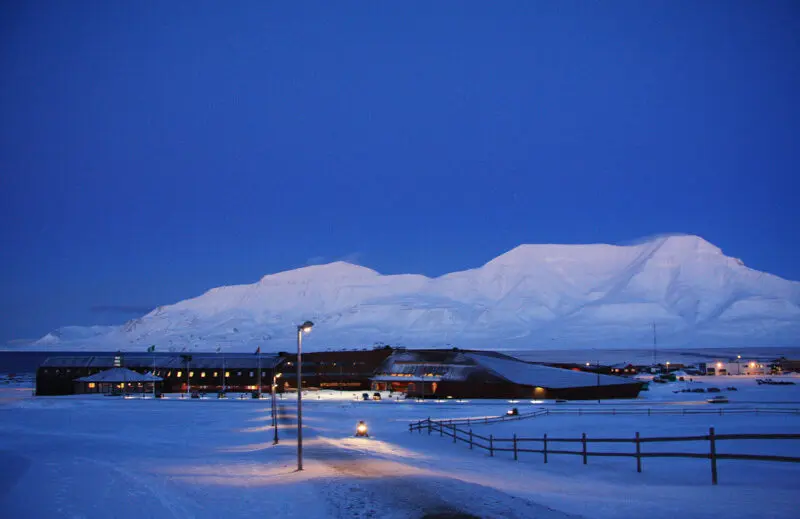30 years as a leading polar research institution
A recent analysis of publication trends in Arctic research (Aksnes et al., 2023) confirms that the University Centre in Svalbard (UNIS) has established itself as a leading polar research institution after 30 years of engagement in the north.

“We aim to contribute with quality and substance, and this report shows that we have reinforced our position and fulfilled the mandate we have received from the Ministry of Education,” says Director Jøran Moen.
UNIS ranks fifth among thirteen Norwegian institutions in scientific publications from 2016 to 2022, surpassed only by the four largest (UiO, UiB, NTNU, UIT). The results are impressive in quantity and quality, with a citation index (FWCI) 1.19, meaning UNIS is 19% above average in citations. Only the University of Bergen has a better score, 20 percent above the average citation score.
The research centre’s focus on Arctic research is reflected in its high “Arctic intensity,” where UNIS ranks second globally. Where other universities has a broader area of focus, UNIS concentrate on our main mission. The institution leverages its Arctic location as a natural study laboratory by the mandate to use the Arctic environment as a basis for research and education.
“UNIS represents a relatively small item in the national budget, and the results from the report indicate that UNIS operates cost-effectively with high quality,” Moen adds.

The scientific production from UNIS has international appeal, attracting renowned researchers and contributing to the institution’s role in strengthening Norway as a polar research nation. A low failure rate of only 1% among students suggests high-quality teaching.
“Our goal is to contribute significantly to Arctic research and education, with a vision of addressing global challenges through our field-based work,” Moen concludes.